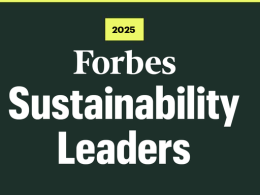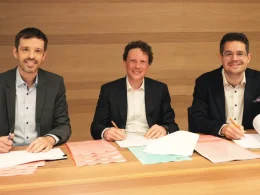The Global Circularity Protocol for Business (GCP), a joint initiative led by the World Business Council for Sustainable Development (WBCSD) and the One Planet Network (OPN), aims to accelerate the shift to a circular economy by providing businesses with a standardised framework for setting targets, measuring progress, and reporting on circularity.
The GCP is expected to deliver its first version by 2025 at COP30 and is designed to drive improvements in climate mitigation, resource conservation, social equity, and business performance across multiple sectors.
According to the GCP’s impact analysis, its adoption could significantly enhance circular business practices. The protocol is expected to double the rate of business circularity maturity, leading to a reduction in global material consumption by 4% to 5% between 2026 and 2050. This could result in cumulative material savings of 100 to 120 billion tons, equivalent to current annual global material consumption.
Additionally, the GCP could lead to a 6% to 7% reduction in greenhouse gas emissions over the same period, equating to 67 to 76 gigatons of CO2 equivalent. This reduction is comparable to 1.3 to 1.5 times current global annual emissions, or 12 times the annual emissions of the United States and five times that of China. Furthermore, the protocol aims to reduce air pollution, specifically PM2.5 emissions, by 11% to 12% annually between 2026 and 2050, bringing significant environmental benefits.
The GCP’s development focuses on four strategic workstreams: Circular Impact Analysis, Corporate Performance and Accountability System (CPAS) for Circularity, Policy Framework for Circularity, and Science-Informed Targets for Circularity. These workstreams are being shaped by expert input from policy, business, and scientific advisory committees. Deloitte Consulting AG and Circle Economy Consulting are providing technical support for Workstream 1, with guidance from over 60 members of the Technical Working Group.
















